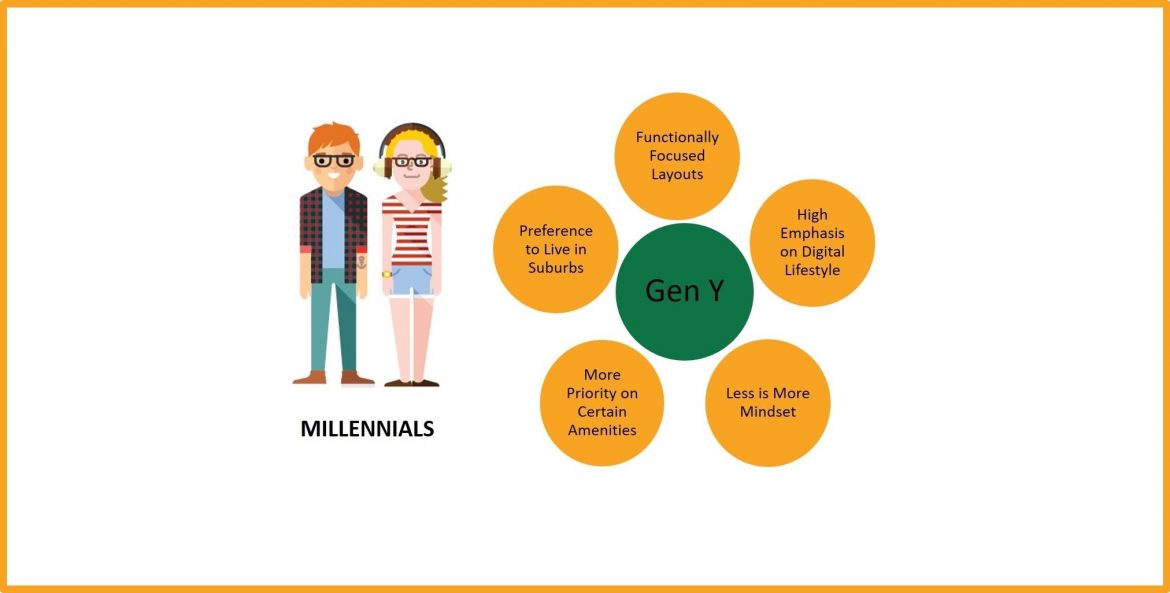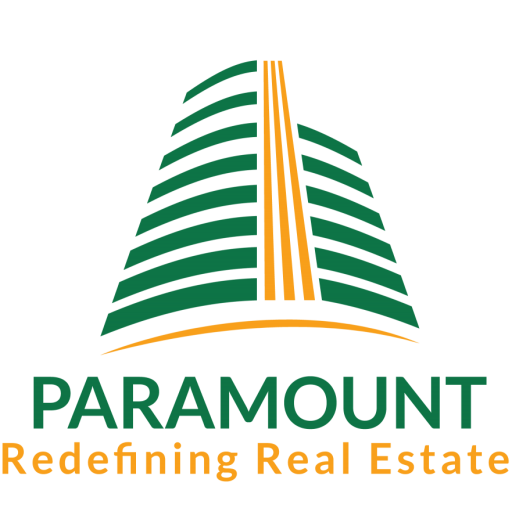
The millennial generation, or Gen Y, is considered to be anyone born between 1980 and the late 90s. The bulk of this generation has graduated college/university. They have jobs and are looking to live independently. Looking at household living patterns across the globe it is evident that Millennials prefer vertical living options for a number of reasons.
Each generation is different than the preceding one, often in surprising ways. Unlike their parents and grandparents, millennials are more comfortable living in an apartment rather than maintaining a conventional house.
Paramount Realty, a real estate company in Sri Lanka through its extensive research has identified that the demand for vertical living is gathering significant momentum among millennials and is expected to grow in the next few years. Some of the key reasons identified by Paramount Realty are as follows.
Reasons Millennials Prefer Apartments (Vertical Living)
Functionally Focused Layouts
Millennials have somewhat different values and preferences compared to the previous generation. They are looking for affordable apartments with functional layouts. While the previous generations typically look for larger apartments, millennials seek greater functionality and convenience when opting for apartments. Hence, the decision making is usually not based on size or location but rather on convenience and functionality.
More Priority on Certain Amenities
When it comes to building apartment complexes for millennials, it is important to add certain amenities into the floor plans and the layout of the entire complex. Authentic public spaces, pet-friendly options, and inviting tech-focused lobbies are among the key aspects values by millennials when selecting an apartment. Interestingly enough, one of the main reasons that drive millennials to live in an apartment is the compatibility with their lifestyle. They require access to a fitness center and a pool; spaces where health and sociability are combined. Millennials also truly value community based attributes such as access to coffee shops, food courts, and recreational areas. If these facilities are not included in the complex layout, they would at least want it to be available in close proximity.
High Emphasis on Digital Lifestyle
Apartment complexes that cater to millennials should be cable, internet, and technology ready. This generation is connected to the internet 24-hours a day through their cell phones and other mobile devices and hence, technology plays an important part of their daily lives. Interestingly, around 40-50% of their decisions are influenced by social media and community platforms. Therefore, complex-wide Wi-Fi is also a plus as are lots of indoor and outdoor electrical outlets for charging mobile devices. The ability to monitor their living spaces and control various devices via mobile applications is also increasingly becoming important to millennials.
Less Is More Mindset
Millennials are increasingly moving towards minimalism. The decision-making patterns, lifestyle, usage of money and experiences they expect from life is rather different to the previous generation. The minimalistic lifestyle trends of millennials have made entrepreneurs and real estate developers to rethink their strategy when designing living options to cater to this segment of the market. Typically, the spending power of the millennials is less compared to the previous generation and hence, they prefer to spend on the style of life as opposed to the possessions in life. This will create a unique set of challenges and opportunities for real estate developers.
Preference to Live in Suburbs
There is an increasing trend for millennials to prefer living in suburban locations. The significant appreciation of real estate prices, increase in interest rates (cost of borrowing) and the rapid infrastructure development in the suburban areas and tier II cities are all contributing towards the millennial preference to live outside larger cities. The trend towards placing value on homeownership as opposed to renting has resulted in the increase of demand for real estate in affordable cities.

